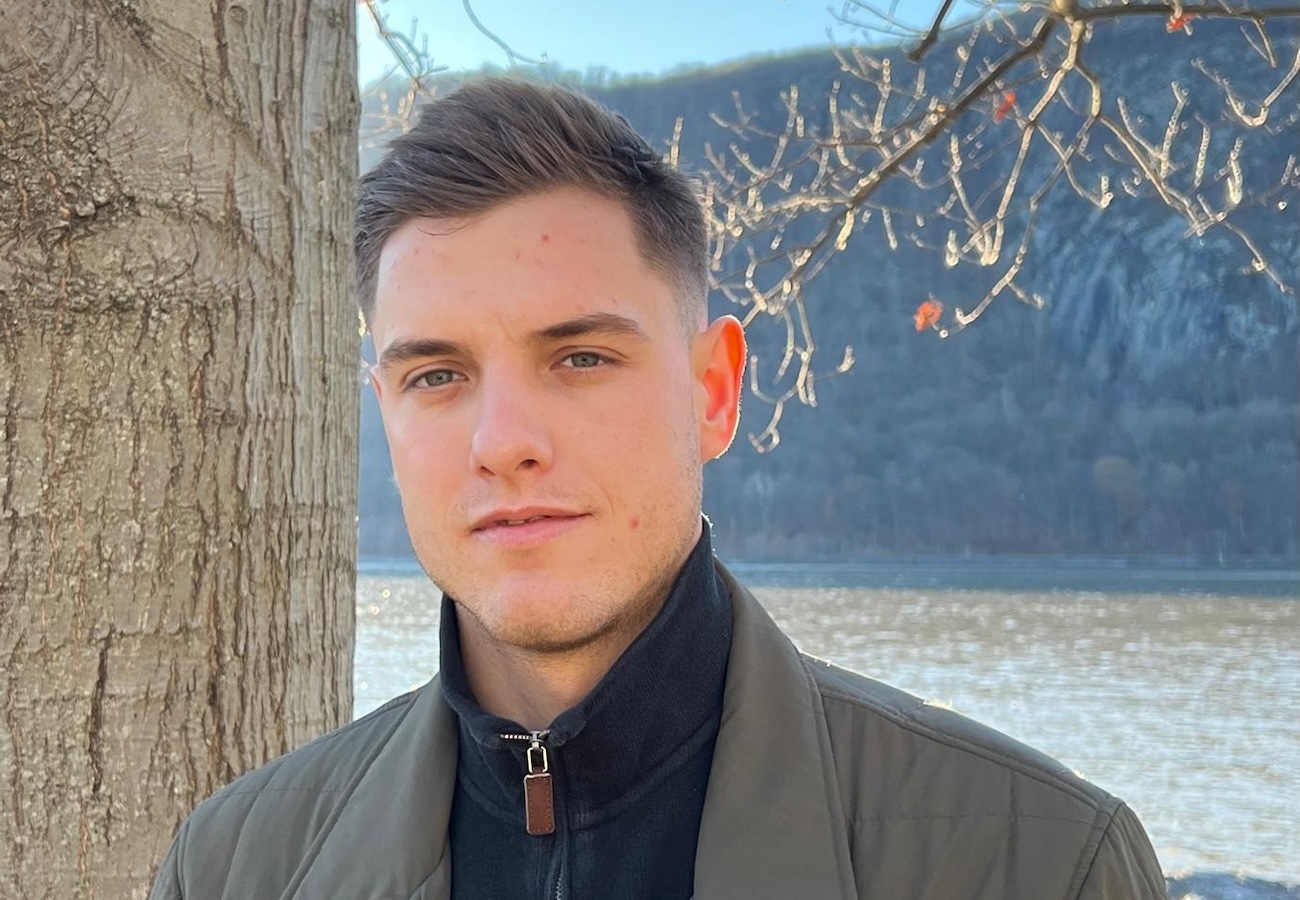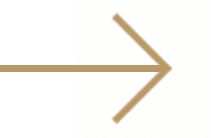Split, the Difference: Marko Bosnjak
(FIFA Master 25th edition)

Dubbed early on as “Croatian Marko” to distinguish him from another Marco in the 25th edition of the FIFA Master, it’s likely that Marko Bosnjak’s moniker would have emerged regardless. His nickname is more than just a convenient distinction – it symbolizes his unwavering pride for his Croatian heritage.
Marko’s father, a skilled boat mechanic in former Yugoslavia, gave up a stable trade for an uncertain future in the United States. Just before the war, his parents married and started a family in the Bronx, New York, where Marko and his older sisters, Adriana and Marina, were born.
Their decision to immigrate laid the foundation for a life of sacrifice and perseverance. Marko saw it in how his parents lived: his father entered real estate, while his mother balanced remarkable challenges. “My mom went to college in a language that wasn’t her own while six months pregnant with me,” Marko says. “She learned English, finished business school, and six months after having me, she got her first job.” Witnessing her perseverance left a lasting impression on Marko.
The family later moved to Irvington, New York, where they lived in a three-bedroom apartment with Marko’s maternal grandparents. Sharing a room with his grandparents and sister until age 15 wasn’t easy but taught Marko about sacrifice. “I have to give credit to my grandparents, who spent almost 30 years helping raise us while my parents worked nonstop,” he reflects.
Growing up in America while immersed in Croatian traditions gave Marko a unique dual identity that was both a challenge and a gift. While his peers spent weekends playing together, his life was steeped in Croatian traditions. These rituals often set him apart but also became the cornerstone of his identity. “It wasn't your typical American upbringing,” Marko says. “I spoke Croatian only at home, went to Croatian school on Fridays, folklore on Saturdays, and religious school on Sundays.” Summers in Croatia, although sometimes frustrating as a child, later became a source of gratitude. “As a kid, I didn’t get it. I wanted to hang out with friends, but now I deeply respect what my parents were trying to instill in me.”
Marko’s passion for soccer became another bridge to his roots. “I remember opening my drawer – I think it was 2001 – and seeing a Hajduk Split jersey,” he says. That jersey wasn’t just a piece of fabric; it symbolized belonging to a legacy of resilience and pride. Summers in Croatia, attending matches and cheering alongside passionate fans (his grandfather among them), reinforced his connection to Dalmatia’s underdog spirit.
Returning to America, Marko found that the passion he experienced for Hajduk Split wasn’t mirrored by his peers. “It upset me that the fanaticism in Croatia wasn’t comparable to anything I saw in the U.S. I’d try to share my experiences in class and get made fun of, but it just made me like my club more.” Wearing soccer jerseys to school daily until age 16, Marko stood out – not just for a bold red-and-white checkerboard design, but for honoring a club that symbolized Dalmatian grit. “Hajduk isn’t just a football team; it’s the identity of Dalmatia. It represents the pride of a region that’s often felt undervalued.”
Marko later met his now-wife at a Croatian soccer event in Canada. “Living in America, I’ve seen how easily cultural identity can get lost,” he says. “When I met her and she started speaking my local dialect, it felt like meeting someone from home.” Meeting his wife in this manner felt serendipitous. Her ability to speak his local dialect was more than a linguistic connection; it was a bridge to a shared worldview rooted in respect for tradition and culture.
Marko’s professional goals were guided by his passion for sports, even as his early career involved juggling jobs, internships, a new marriage, and studies while navigating uncertainty. But his pursuit of the FIFA Master programme became the constant thread tying it all together. “The FIFA Master wasn’t just a goal; it connected everything—internships, my MBA, and the sacrifices I made,” he says.
Reflecting on his journey, Marko recalls his mother’s advice: “My mom always said, ‘Be smart,’ and I take that to mean stay grounded, respect who you are, and think ahead.” In many ways, his perseverance mirrors his parents’ sacrifices. Just as his father gave up a stable career for a fresh start and his mother balanced competing obligations, Marko’s pursuit of his dreams represents the next chapter in their legacy. “None of this would’ve happened if I didn’t aim for the FIFA Master,” he says. “The journey to get here has become the story itself.”
By Geneva Decker
FIFA Master 25th edition student
FIFA Master - International Master in Management, Law and Humanities of Sport, ranked Europe's No.1 course a record 12 times by SportBusiness.
Organised by CIES in partnership with De Montfort University (UK), SDA Bocconi School of Management (Italy) and the University of Neuchâtel (Switzerland).









